“He is becoming a lot more aware of the fact he is different. It can be difficult to answer these questions but I just try to answer him honestly and explain that everyone is different in some way.”
Elaine shares her family’s story of diagnosis and life with twin boys, Ryan and Jack, who has cerebral palsy.
“Jack is one of twins. They were supposed to be born by elective section however they decided to come early and I had natural births at 30 weeks plus four days. The boys were born 14 minutes apart, Jack was 3lbs 3ozs and Ryan was 3lbs 6 ozs. They were transferred immediately to the neonatal intensive care unit (NICU) and I had to learn to do everything through the incubator for those first weeks which was really strange.
“On day three, doctors told us that Ryan’s brain scan was fine but that Jack’s had some pinpoint holes which meant there was brain damage. At that point we hadn’t even known that they had brain scans done! It was such an emotional rollercoaster and it didn’t help that the boys were in different wards, as Ryan had to remain in the NICU for breathing problems but Jack had moved to special care.
“Cerebral palsy was not mentioned at that point and I really struggled with the lack of information about what to expect over the next few years. They only thing we were told was to look out for differences in development between Jack and Ryan.
“The boys were transferred to a hospital closer to home after 10 days. Ryan took Group B Strep and nearly died three times. We owe his life to his consultant who was amazing with him. The boys eventually got out of hospital on their original due date. After discharge they returned regularly to the development clinic where they saw their consultant and two physiotherapists who monitored their progress.
Early development
“At one year old Jack’s care was transferred to an NHS community care centre. He continued to progress but I felt at times that I did a lot of the hard work and that the therapists could be a bit negative about Jack’s potential. I was told he would never sit up; but two weeks later he was sitting. Two weeks after that he started to commando crawl. It is his left side that is affected. Sometimes he sat at a funny angle and would forget to use his arm, but he kept improving. When he started to walk he got fitted with a splint on his left leg to help him come down off his toes and this made a big difference.
“At age two, due to boundary changes, Jack’s care was transferred again and he got a new NHS physio who is amazing. She has a fantastic rapport with Jack and she explains so much about his condition and what to expect and she sees Jack every week. Toilet training was difficult, but the occupational therapist and physio worked with me and Jack to help with technique and aids, such as grab handles close to the toilet.
Primary school and onwards
“Our physiotherapist, occupational therapist and visual impairment support have been so supportive, particularly as Jack moved up to primary school. The school have been great at putting the changes in place which were needed to help him.
“As well as splints, Jack also has a Lycra suit. He started with just a jacket but now has a full body suit to help control his arm and his lower back. He doesn’t always enjoy wearing it but it definitely helps him to remember and use his left side. It also helps with his concentration levels and the school have noticed this too.
“Jack gets pain in his legs, and Ryan offers to massage it “the same way mummy does”, because the physio showed me how massage can help. Jack also gets his CPIPs measurements carried out every year to monitor his hips.
“Jack has had Botox for his calf muscles which worked really well the second time around. There was a possibility he might have needed it in his thumb but so far the Lycra suit is working well to improve this. It’s good to have regular reviews and NHS staff who can help us to decide when some things are needed.
The future
“I feel that early on I would have benefitted from having more information available. If I had been told all the options and what we might be facing over the following years it might have helped to calm me down. My advice to anyone facing diagnosis would be to keep calm and talk about what is going on with close family and friends. We didn’t do that to start with. But bottling it up doesn’t help.
“Having local NHS services like the physio and occupational therapist, and the visual impairment teacher at school takes a weight off my mind because they help me to think outside the box with Jack’s treatment. They provide a support network and access to information. The occupational therapist also suggested the HemiHelp group which provides a network with other parents for sharing information and I find this really useful.
“Jack is now starting to question why he is different and whether he will get cerebral palsy in his right side too. He is becoming a lot more aware of the fact he is different. It can be difficult to answer these questions but I just try to answer him honestly and explain that everyone is different in some way – and he certainly doesn’t let it hold him back. Everything he has done he has done his way. He has learned to adapt to being that wee bit different and nobody would know walking past us in the street that he has cerebral palsy.”
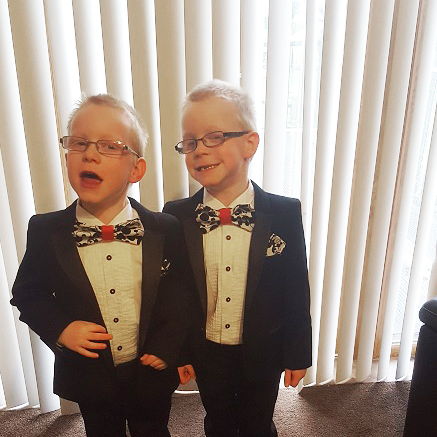
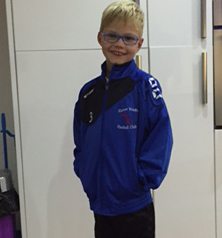
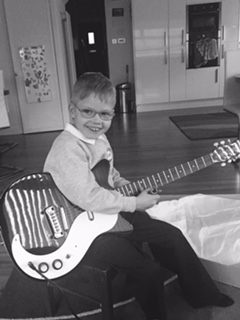
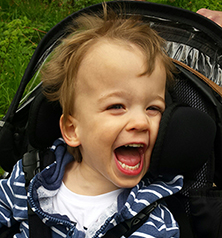
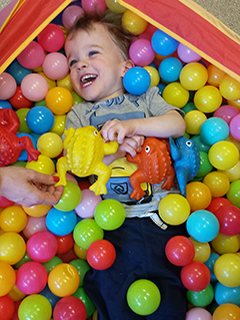
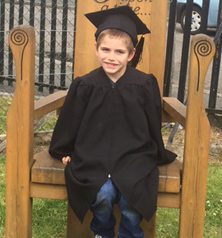
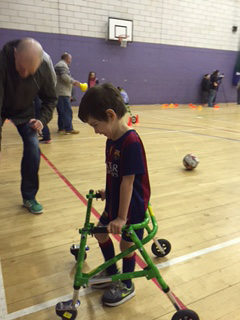
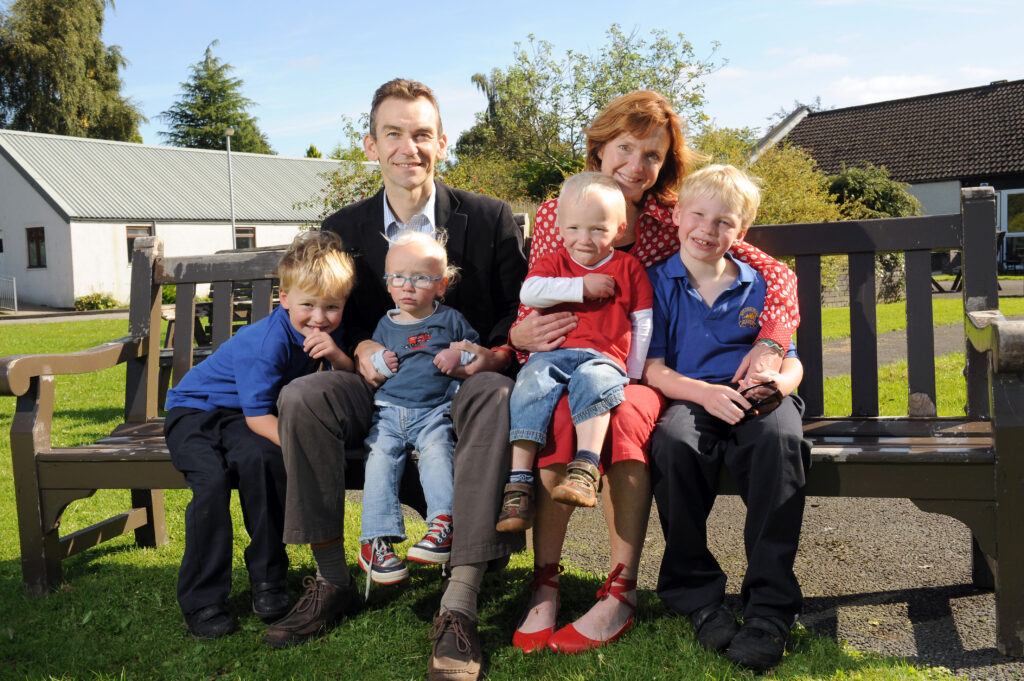
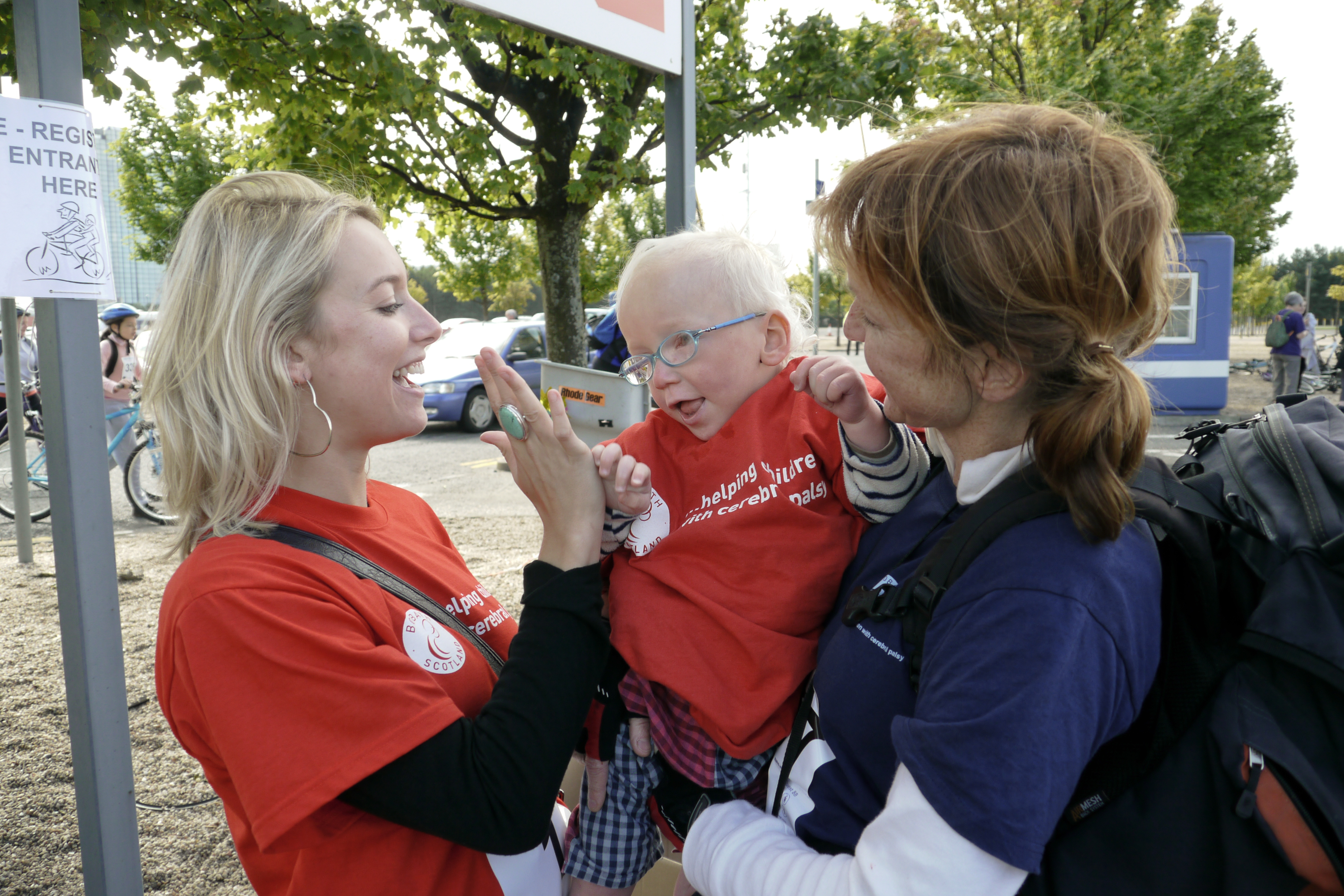 Alfie and Rory (now age ten) were born by emergency caesarean section 10 weeks prematurely.
Alfie and Rory (now age ten) were born by emergency caesarean section 10 weeks prematurely.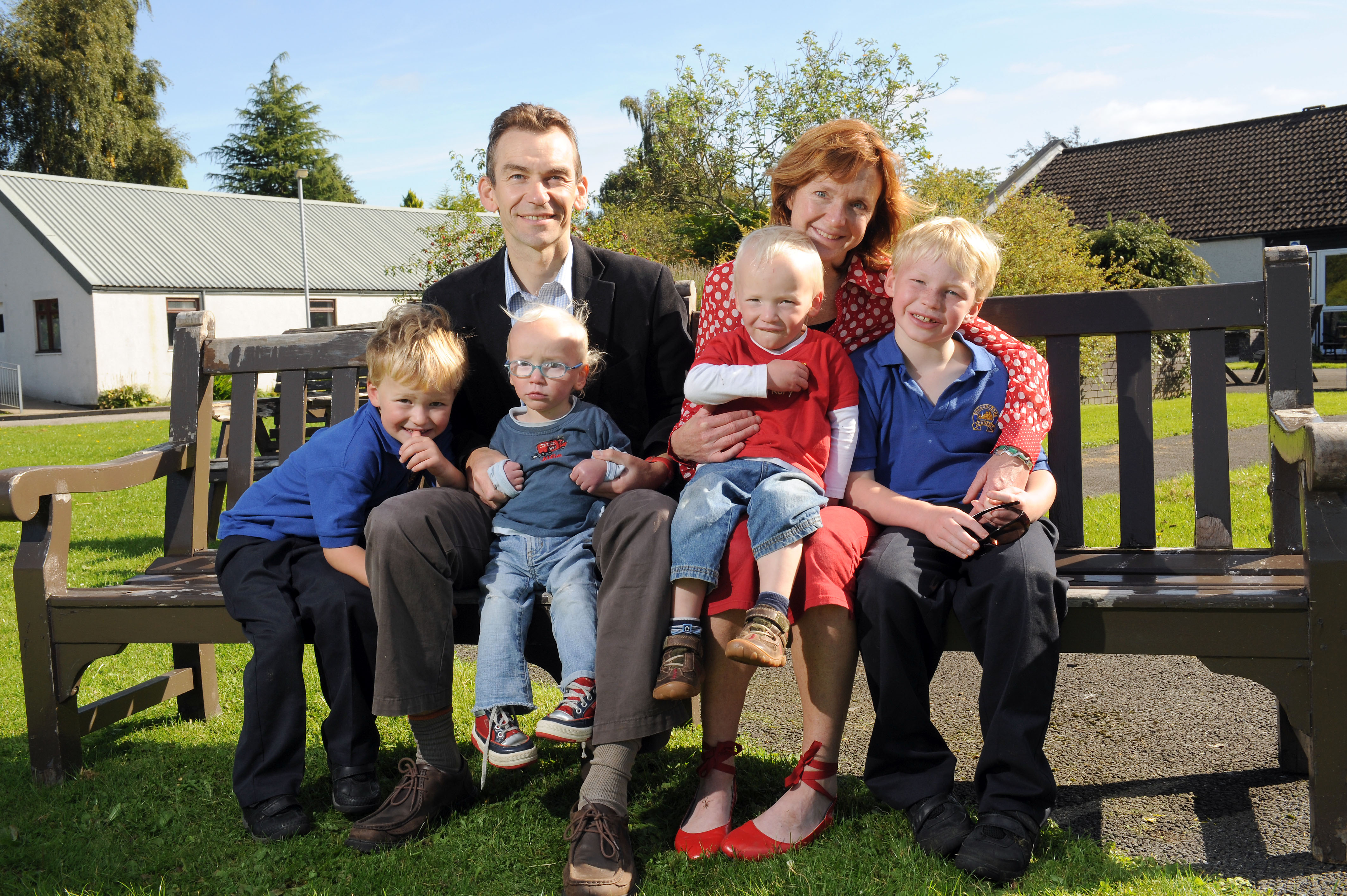 Alfie began sitting up unaided for a little while, and demonstrated a determination and strength in his legs his family hadn’t seen before.
Alfie began sitting up unaided for a little while, and demonstrated a determination and strength in his legs his family hadn’t seen before.